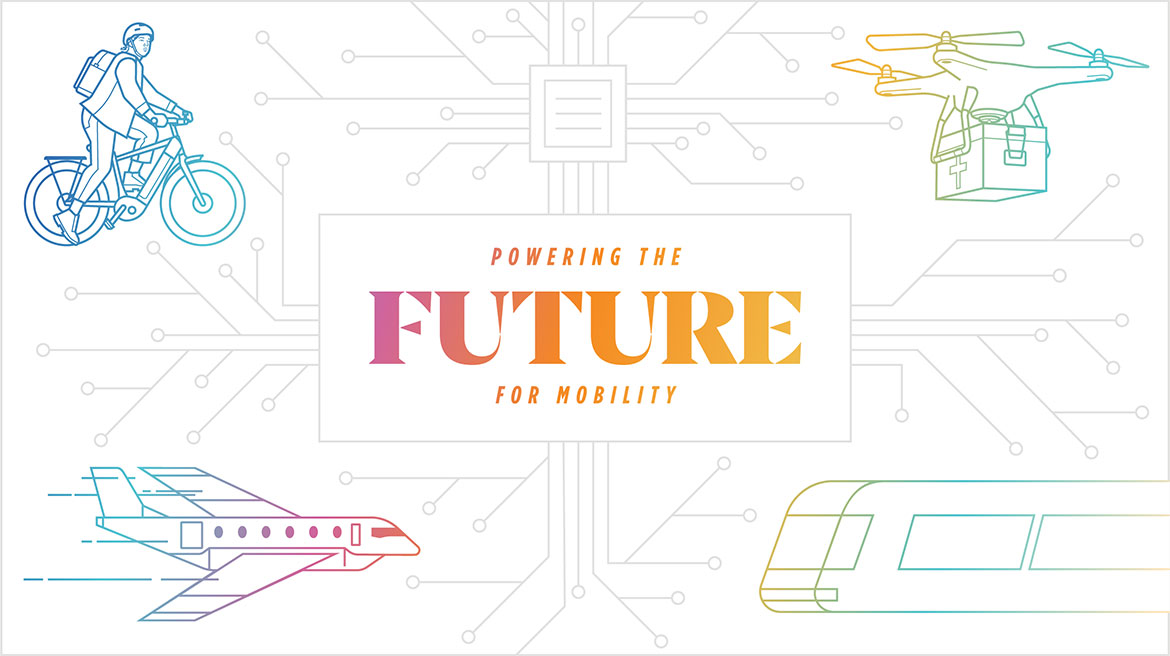Powering the Future for Mobility

The race among states is on to attract the next generation of automotive employers and investors in electric vehicle research and development and to leverage advances in automation to better serve individuals, communities, and organizations. In Tennessee there are currently more than 900 companies in the automotive manufacturing sector that employ about 140,000 workers.
UT is in a unique position to bring together world-class research, workforce development, community engagement, and partnerships with industry,” said Kevin Heaslip, director of UT’s Center for Transportation Research and head of the new Institute for Future Mobility. “Our faculty and students are solving real-world industry problems and meeting real people’s needs. We’re steadily deepening the world’s understanding of the science behind better mobility and commercializing new technologies to help make it safer, cleaner, and more efficient and affordable.”
The Institute for Future Mobility, which launched in September, connects industry and community partners with UT researchers representing engineering, computer science, agriculture, chemistry, social work, economics, public policy, supply chain management, and other fields. It also builds on multi-university national initiatives that reach beyond UT, such as the US Department of Transportation–funded Center for Freight Transportation for Efficient and Resilient Supply Chain and TEAM TN, a first-of-its-kind statewide mobility coalition funded by the National Science Foundation.
TEAM TN is a coalition of more than 100 organizations, led by UT and representing industry, community, economic development, and higher education organizations including technical and community colleges as well as four-year universities. TEAM TN will develop and commercialize new technologies, attract new businesses and research investments to the state, and prepare Tennesseans for well-paying jobs in the mobility sector. This initiative aims to put the entire state of Tennessee at the cutting edge of the mobility revolution and win a larger share of the future mobility market, estimated to reach $2 trillion by 2030.
Initiatives like the Institute for Future Mobility and TEAM TN are fueling the university’s research and its visibility, leading more partners to turn to UT experts for help addressing challenges.
UT’s mobility research advances solutions in three primary areas: decarbonization, digitization, and societal mobility. By approaching their research with an eye toward industry and the research needs of the university’s partners, UT’s faculty and graduate students are able to tailor their work to meet the challenges that matter most in the real world.
“This is how we create the most meaningful impact—locally and globally,” Heaslip says.

